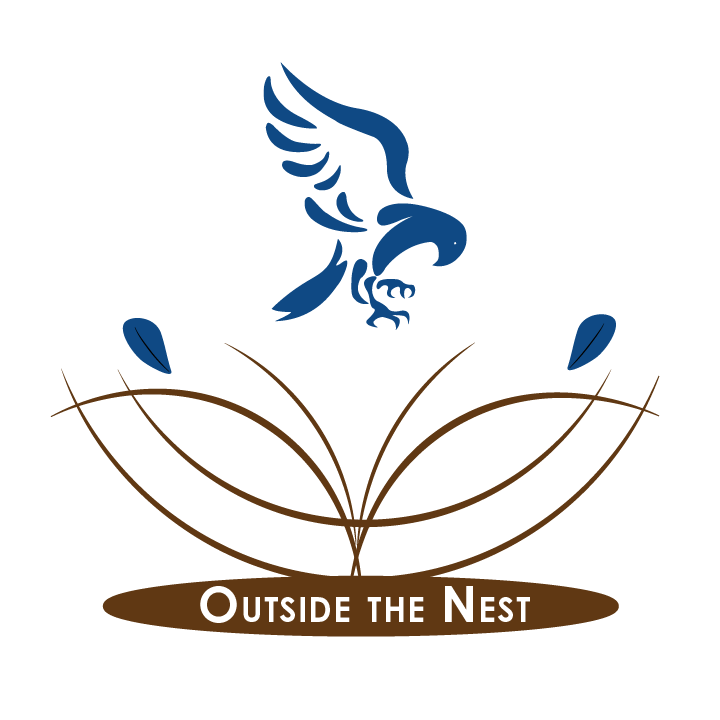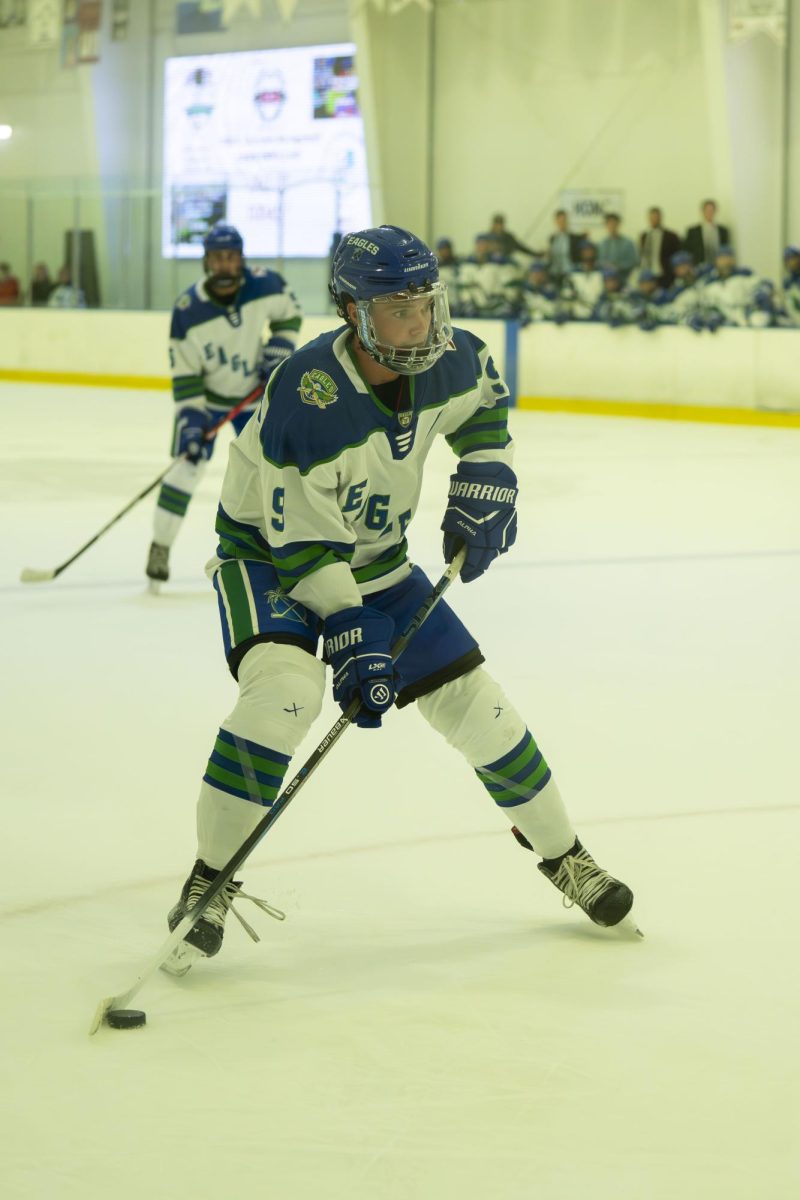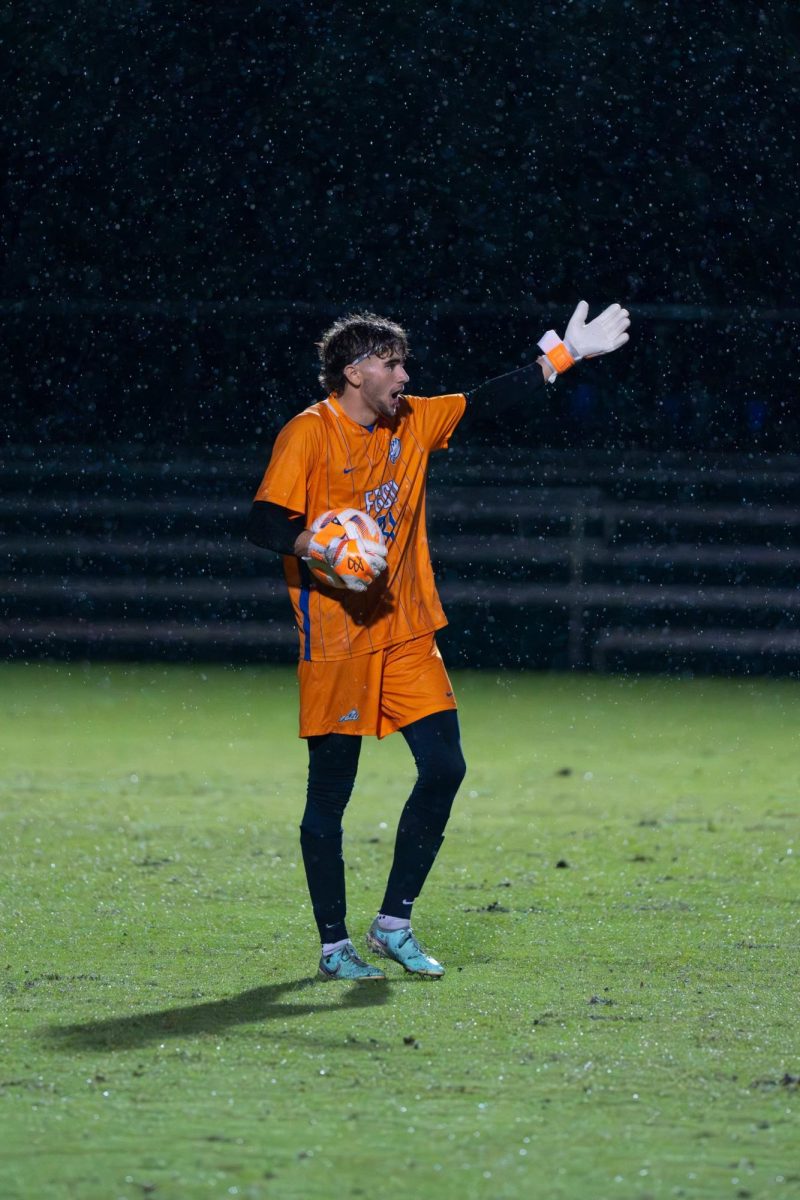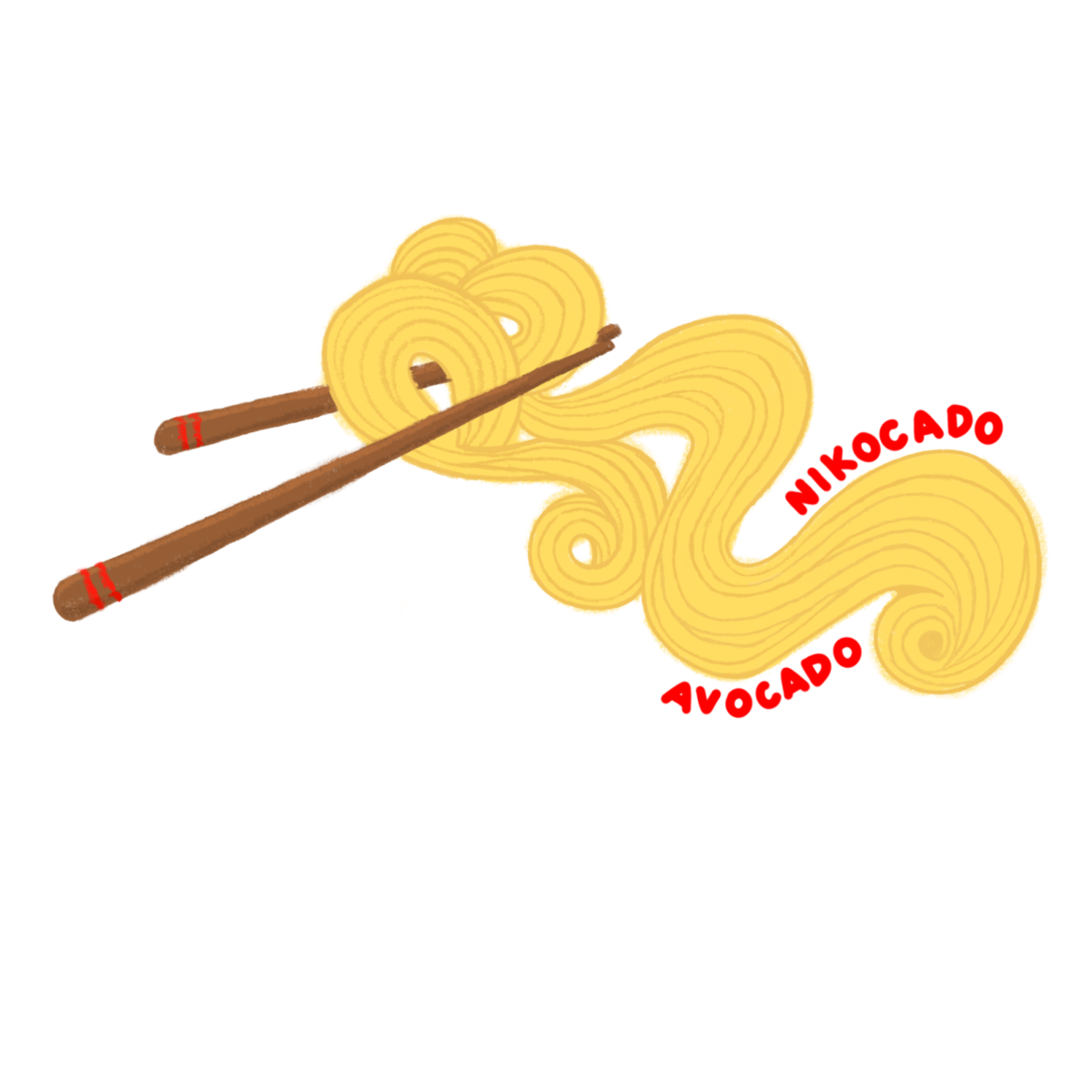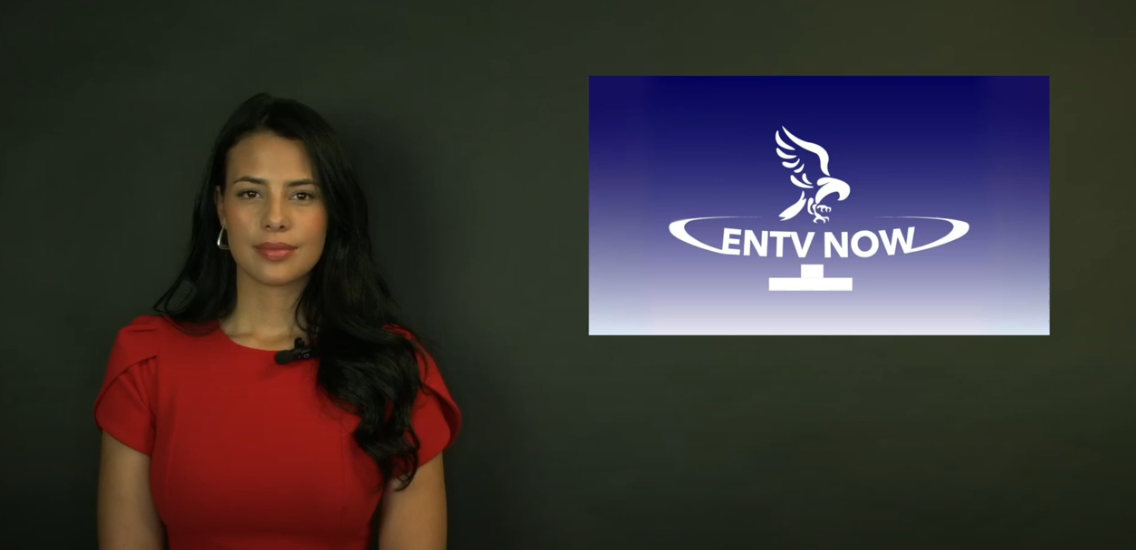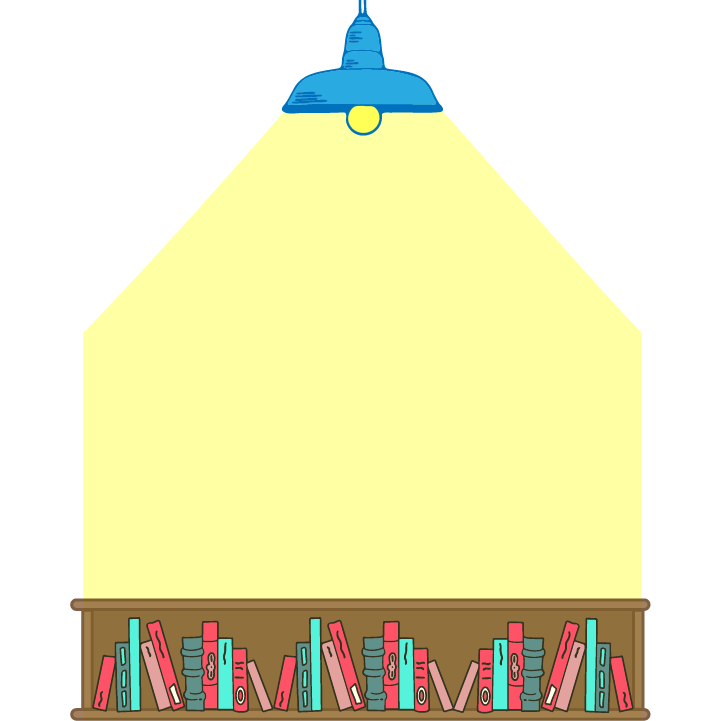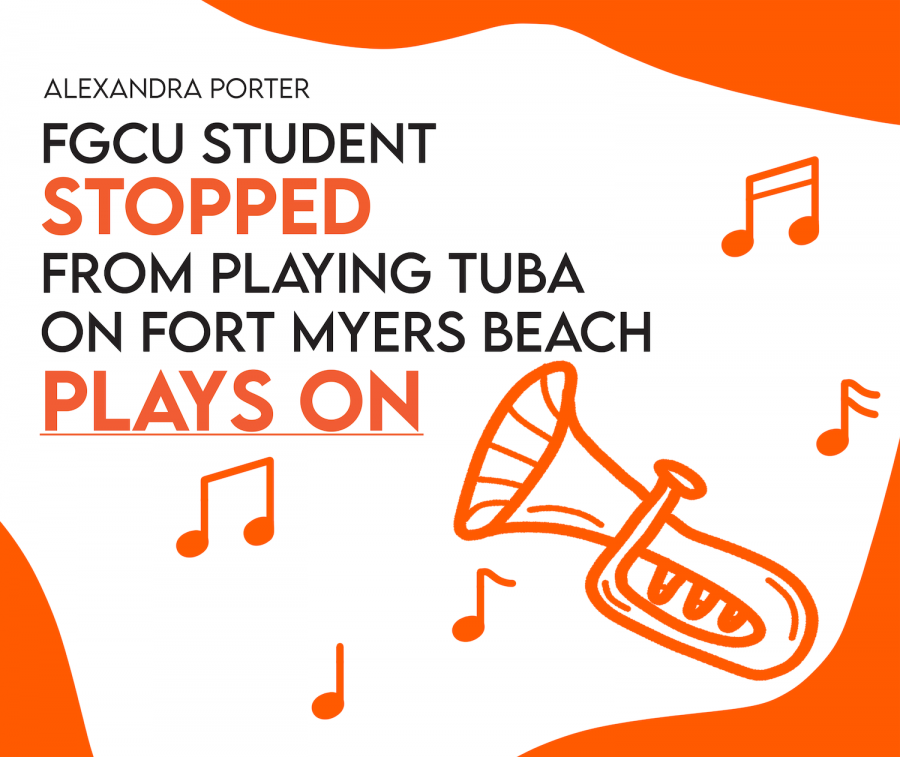“Huge turn-on: When people smell good and are hot. Sometimes spicy. Wrapped in tinfoil. Are actually burritos.” 51 up-votes.
“When life’s got you down just think of the kid who was cut from the basketball team in Airbud to make room for a golden retriever.” 48 up-votes.
A new app has arrived at Florida Gulf Coast University that students can’t stop yakking about.
It’s called Yik Yak.
The app allows users to post anonymously to a message board based on the user’s geographical location: no accounts, no profiles, no photos. Just you and 200 characters.
The idea for the app birthed after Furman University graduates Brooks Buffington and Tyler Droll noticed the high following of anonymous twitter accounts at their school, much like “@LivingFGCU.”
“They wanted to build something where people could hear about what was going on on-campus and contribute to the discussion,” said Cam Mullen, the Yik Yak lead community developer. “Yik Yak transcends social circles. People are talking with people they may never talk to or interact with in the real world. It’s really powerful, and I’m stoked to see it taking off at FGCU.”
As it nears its first birthday in November, the app continues to grow in popularity along the Southeast and in Florida schools — with FGCU being one of its top users. Yik Yak reported that FGCU has approximately 2,900 active users — that’s 23 percent of the undergraduate population.
“One of our employees recently peeked into FGCU and showed us the insane feed on your campus,” Mullen said. “People are posting every minute and you even crashed our servers a few times in August.”
Mullen told Eagle News that at one point he noticed FGCU had a 30-minute feed, meaning users were posting at 200 posts an hour.
While FGCU’s Yik Yak feed usually features jokes and things found on the Internet, Mullen says the original purpose for Yik Yak was to spread news on campus.
“The feed always reflects the people on the feed. In a lot of places it’s a feed for jokes and social commentary, but a lot of times it’s used for news when something dramatic goes on on campus,” Mullen said. “So if there’s intense weather, or a new rule on campus, you can go on Yik Yak and find out what the student body thinks. The idea was kind of made for all that.”
Although many students have been asking why the app has not released features such as photo sharing and private messaging, the Yak creators have something else in mind.
It’s called “peek,” a feature that is already included with Yik Yak that currently allows users to “peek” into other college’s feeds.
“We are building Yik Yak into being a news source,” Mullen said. “So right now we have a feature called “peek” where you can see what other schools are talking about on campus. What we’re going to do is make it so you can ‘peek’ into virtually anywhere in the world, add your own peeks and save them.
“Let’s say you want to peek into the Oscars and see what celebrities are Yaking about, or peek into Ferguson, Missouri, or the Hong Kong protests, you’ll know that the content is coming straight from the ground.”
As opposed to Twitter’s hashtags, Mullen added that the geographical location ensures the post actually came from that location. With nearly every anonymous posting application, there’s always a concern about cyber bullying.
“With any social network, there’s going to be people that misuse the app,” Mullen said, “and we take incidents of bullying and cyber bullying really seriously. We have filters on every app that look for ‘hot words’ and phrases that set off red flags.”
The app uses a moderation team that reads through posts and red flags 24 hours a day. Depending on the severity of a post, the moderation team can delete the post, temporarily suspend a user, or suspend the user indefinitely.
“We’ve also given tools to the community so they can police themselves,” Mullens said. “Just like you can up-vote a post, you can down-vote it. When it gets to negative nine, a post is removed. There are also report features that our moderation team handles. We’ve noticed that the bigger a Yak community gets, the better they police themselves.”
In order to keep the app from being used on high school and middle school campuses, the creators blocked access to the app within the geographic locations of high schools around the country.
“Our filter will never be perfect in tracking down all the words that people use,” Mullen said, “but with the strength in numbers and Yakkers having each other’s backs, they’re really able to make it an enjoyable, safe and healthy experience.”
Despite Yik Yak’s attempts to prevent negative and offensive posts, some students feel the anonymity only promotes negativity.
“I feel like it’s just a way for students to bash others,” said junior elementary education major Kaitlynn Orlandi. “Housing tried a campaign called ‘Yik Yak Take Back,’ which was a movement that promoted positivity on the app. When I would post something positive, it would get so many down-votes that it would get deleted.”
Freshman sports management major Max Costanzo says it’s a funny app, but people hide behind an anonymous post.
“Some of the crazy stuff people post on there is hilarious,” Costanzo said. “Some kids can say stuff on there because they’re behind a computer and it’s all anonymous. If it wasn’t for that, a lot of the stuff wouldn’t be said.”
Jeff Riley, a journalism professor and social media researcher at FGCU, believes that anonymous posting sites come and go, but Yik Yak has the potential to be a news source. It just depends on the users.
“Anonymity on the Internet will probably always exist,” Riley said. “It started as that and it will always be that to some extent. As far as websites that sell themselves as an anonymous posting site, especially for college formatting, you’re going to see them pop up, run into legal issues, then disappear, and something else will take its place.”
“It has an awesome potential for civic journalism and for community journalism in the same way that Twitter has done a lot of that. It all depends on how users use it, it’s about how people decide they want to act on this platform and how the owners of the site choose to moderate it.”
Categories:
Yikity Yak, we talk back
October 15, 2014
Story continues below advertisement
Tags:
More to Discover



